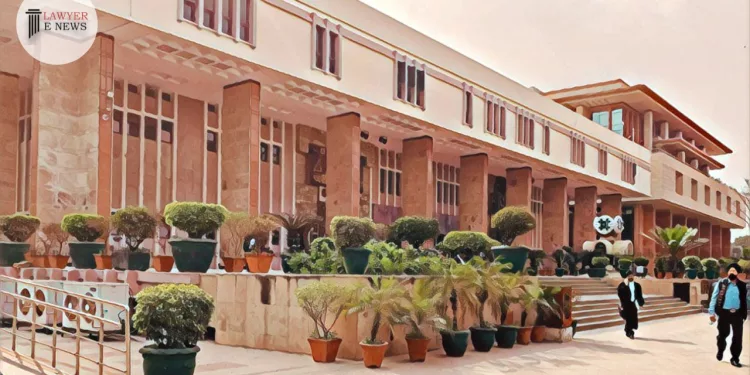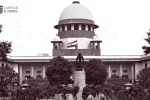Seriousness of the Crime and Threat to Witnesses Necessitate Maintaining Sentence: Delhi High Court in Unnao Rape Case

Conviction of Kuldeep Singh Senger upheld, Delhi High Court stresses gravity of offenses and potential threat to witnesses.
The Delhi High Court has rejected the application for suspension of sentence by Kuldeep Singh Senger, convicted in a high-profile case involving multiple offenses, including conspiracy, fabricating false evidence, and culpable homicide. Justice Swarana Kanta Sharma emphasized the seriousness of the crime and the continued threat to witnesses, thereby upholding the trial court’s decision.
Kuldeep Singh Senger, a former BJP MLA, was convicted for his involvement in a series of crimes stemming from an incident in 2017, where a minor was raped and her father was later assaulted and killed. Senger’s conviction included charges under several sections of the Indian Penal Code (IPC) and the Arms Act. The crimes were committed in Unnao, Uttar Pradesh, but due to the high-profile nature and sensitivity of the case, the trial was transferred to Delhi.
Suspension of Sentence Framework: Justice Sharma analyzed the legal framework under Section 389 of the Cr.P.C., noting that suspension of sentence is not a matter of right, particularly in serious offenses. The court must consider the gravity of the offense, the role of the accused, and the potential impact on public confidence in the judicial system. “Suspension conveys postponement or temporarily preventing a state of affairs from continuing,” explained the court, referencing the Supreme Court’s interpretation in Omprakash Sahni v. Jai Shankar Chaudhary.
Role of the Accused: The court noted Senger’s pivotal role in orchestrating the assault on the victim’s father. Detailed examination of call records and testimonies demonstrated his involvement and influence over other accused persons. “The appellant’s repeated mobile calls and recorded conversation unequivocally demonstrated his awareness and endorsement of the events,” Justice Sharma highlighted.
Witness Protection and Public Confidence: A crucial factor in the court’s decision was the continued threat to witnesses. The Supreme Court had previously ordered CRPF protection for the victim’s family, a measure still in place. “The gravity of the offense and the threat posed to the witnesses necessitate maintaining the sentence to uphold public confidence in the judicial process,” the judgment stated.
Legal Reasoning: The court reiterated that a convicted person’s presumption of innocence is erased upon conviction. Considering the prima facie evidence and the severity of the crime, the application for suspension of sentence was not justified. The court referenced the principle laid down in Atul Tripathi v. State of Uttar Pradesh, emphasizing that suspension of sentence requires careful judicial consideration of all relevant factors.
Justice Sharma remarked, “The records unequivocally demonstrate the appellant’s orchestrating role and his direct involvement in the heinous crime. The seriousness of the offense and ongoing threat to witnesses are compelling reasons to deny the suspension of sentence.”
The Delhi High Court’s decision to dismiss the application for suspension of sentence underscores the judiciary’s commitment to upholding justice in serious criminal cases. By affirming the lower court’s findings, the judgment sends a strong message about the importance of protecting witnesses and maintaining public confidence in the legal system. The case will proceed to the substantive appeal hearing, where Senger’s arguments will be addressed in full.
Date of Decision: June 7, 2024
Kuldeep Singh Senger v. Central Bureau of Investigation





